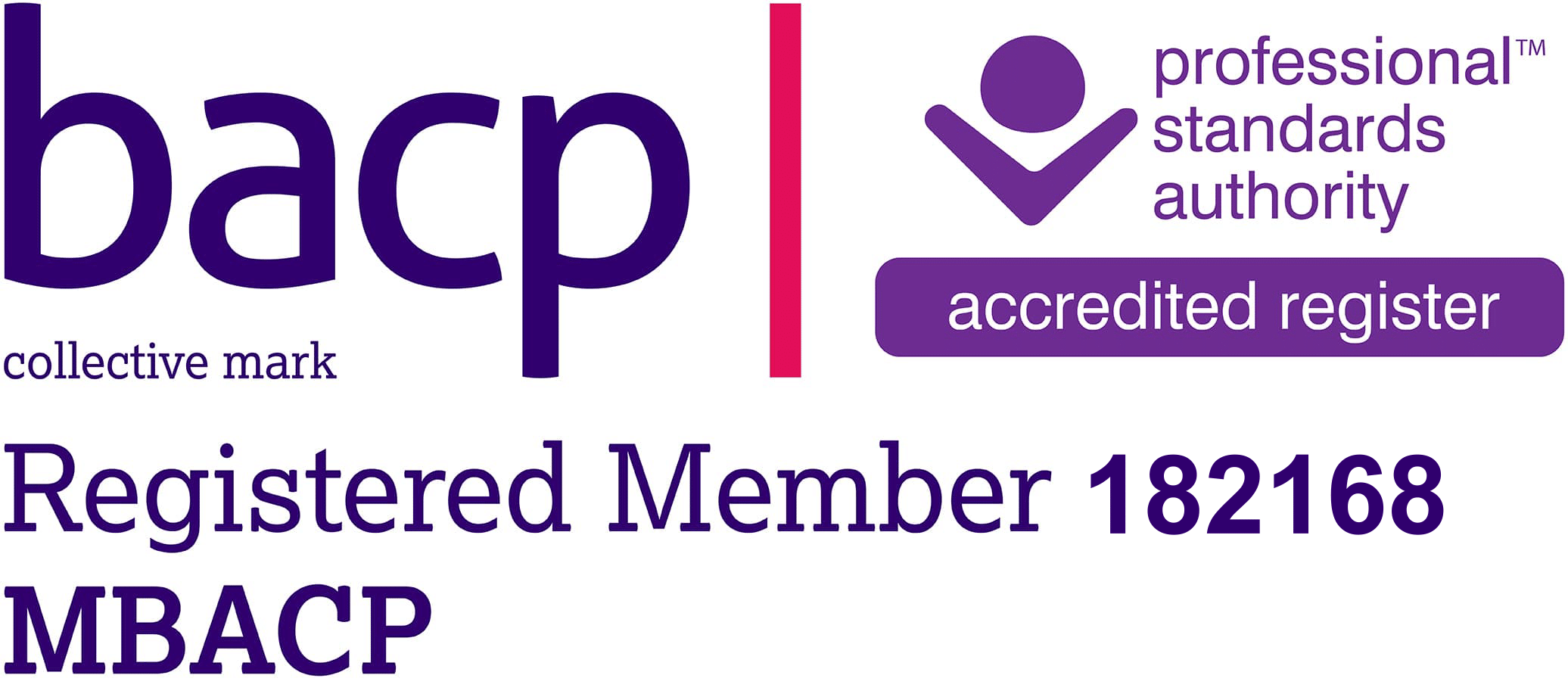We have all known that colleague who lives and breathes their job – they get there early, they hardly take a lunch break and they’re always the ones there still at the end of the evening.
Now, this can be a mask for an all manner of things (which we’ll go into another time), but this is an example of the ever-so-common expected working culture in the modern world that, sadly, millions of us conform to.
In certain industry sectors, there is an innate belief from the powers that be that their staff should be grateful that they have a seat at their very prestigious table and that if said staff don’t live and breathe their role/brand then they are not dedicated enough. I’m here to say that is utter crap and can actually be very dangerous.
What happens here is that people enter a viscous cycle that just can’t be sustained. They overwork due to external pressures and expectations which leads to high stress levels, health issues and, ultimately, burn out. They try and manage this lifestyle with stimulants (booze, caffeine, drugs) which masks the clear problems of overwhelm and overwork that can then lead to mental health issues.
There is an onus of responsibility for all employers and employees to set boundaries to ensure a clear work/life balance. Why, for example, isn’t the boss of that person who is late at the office every night questioning this. Are they not managing their workload? Do they need help? Is something else going on? I’m guessing all of the above.
As I’ve stated before, one in four employees blame work as their primary cause of poor mental health and 12 billion working days are lost every year to stress and depression and this has to stop for the sake of our well-being as a human race.
A staggering 55% of organisations have no structure in place to handle employee wellbeing and absenteeism is up 25% so the alarm bells are well and truly ringing telling us that burnout is more prolific than ever.
Organisations need to act now to ensure their employees are looked after and that burnout doesn’t ever make an appearance.
They can do this by:
Understanding mental health
Education is king and to be able to deal with something you have to understand it. If large organisations invested in training on topics such as burnout and the factors leading up to it, they can employ preventative measures within their organisation.
Being flexible
Do we really need to be sat at a desk for 8 hours a day to get the job done in the digital world we live in? Allow flexibility in and trust will follow.
Promoting healthy eating/drinking within your organisation
Make sure fruit and veg are always available and steer people away from excess caffeine.
Getting external professional help
Use a coach – like me – to advise your organisation and to ensure that there is help when needed. The working environment is naturally stressful, but the key is recognising its impact and ensuring employees have the support when needed.
Focussing on internal communication
Be open in your communication about your staffs’ well-being – talk about it, offer tips / advice and ensure that they know it’s a supportive space.







